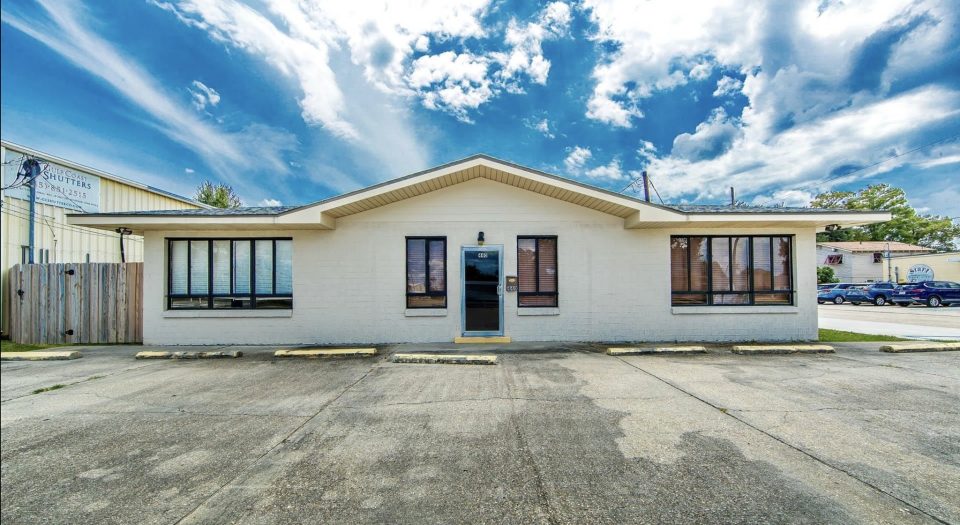
Election qualifying produces unopposed victors
August 12, 2019
TGMC adds 3 doctors to Emergency Department Medical Staff
August 12, 2019A heat advisory has been extended into Tuesday with temperatures and heat indexes expected to soar due to high pressure parked over the area.
The heat advisory covers most of the Houma-Thibodaux area, but not the coast of Lafourche and Terrebonne where temperatures are usually slightly lower because of cooling from the Gulf of Mexico.
Tuesday’s highs are expected to be in the mid-to-upper 90s, depending on cloud cover in a given area.
Heat indexes will be well into the 100s and could even exceed 110 in some locations.
Tomorrow is expected to be the last day of the heat advisories, which have been in effect for several days locally.
A front will drop into the area, which will increase storm activity. By late-week, the impacts of the front will be slightly lower temperatures and less humidity.
—
The following is information from Ready.Gov on what to do when under a heat warning.
EXTREME HEAT
Extreme Heat often results in the highest number of annual deaths among all weather-related hazards. In most of the United States, extreme heat is defined as a long period (2 to 3 days) of high heat and humidity with temperatures above 90 degrees. In extreme heat, evaporation is slowed and the body must work extra hard to maintain a normal temperature. This can lead to death by overworking the human body. Remember that:
- Extreme heat can occur quickly and without warning.
- Older adults, children, and sick or overweight individuals are at greater risk from extreme heat.
- Humidity increases the feeling of heat as measured by a heat index.
IF YOU ARE UNDER AN EXTREME HEAT WARNING:
- Find air conditioning.
- Avoid strenuous activities.
- Watch for heat illness.
- Wear light clothing.
- Check on family members and neighbors.
- Drink plenty of fluids.
- Watch for heat cramps, heat exhaustion, and heat stroke.
- Never leave people or pets in a closed car.
HOW TO STAY SAFE WHEN EXTREME HEAT THREATENS
Prepare NOW
- Find places in your community where you can go to get cool.
- Keep your home cool by doing the following:
- Cover windows with drapes or shades.
- Weather-strip doors and windows.
- Use window reflectors, such as aluminum foil-covered cardboard, to reflect heat back outside.
- Add insulation to keep the heat out.
- Use attic fans to clear hot air.
- Install window air conditioners and insulate around them.
- Learn to recognize the signs of heat-related illness.
Be Safe DURING
- Never leave a child, adult, or animal alone inside a vehicle on a warm day.
- Find places with air conditioning. Libraries, shopping malls, and community centers can provide a cool place to take a break from the heat.
- If you’re outside, find shade. Wear a hat wide enough to protect your face.
- Wear loose, lightweight, light-colored clothing.
- Drink plenty of fluids to stay hydrated. If you or someone you care for is on a special diet, ask a doctor how best to accommodate it.
- Do not use electric fans when the temperature outside is more than 95 degrees, as this could increase the risk of heat-related illness. Fans create air flow and a false sense of comfort, but do not reduce body temperature.
- Avoid high-energy activities.
- Check yourself, family members, and neighbors for signs of heat-related illness.
RECOGNIZE AND RESPOND
Know the signs of heat-related illness and the ways to respond to it:
HEAT CRAMPS
- Signs: Muscle pains or spasms in the stomach, arms, or legs
- Actions: Go to a cooler location. Remove excess clothing. Take sips of cool sports drinks with salt and sugar. Get medical help if cramps last more than an hour.
HEAT EXHAUSTION
- Signs: Heavy sweating, paleness, muscle cramps, tiredness, weakness, dizziness, headache, nausea or vomiting, or fainting
- Actions: Go to an air-conditioned place and lie down. Loosen or remove clothing. Take a cool bath. Take sips of cool sports drinks with salt and sugar. Get medical help if symptoms get worse or last more than an hour.
HEAT STROKE
- Signs: Extremely high body temperature (above 103 degrees) taken orally; red, hot, and dry skin with no sweat; rapid, strong pulse; dizziness; confusion; or unconsciousness
- Actions: Call 911 or get the person to a hospital immediately. Cool down with whatever methods are available until medical help arrives.








